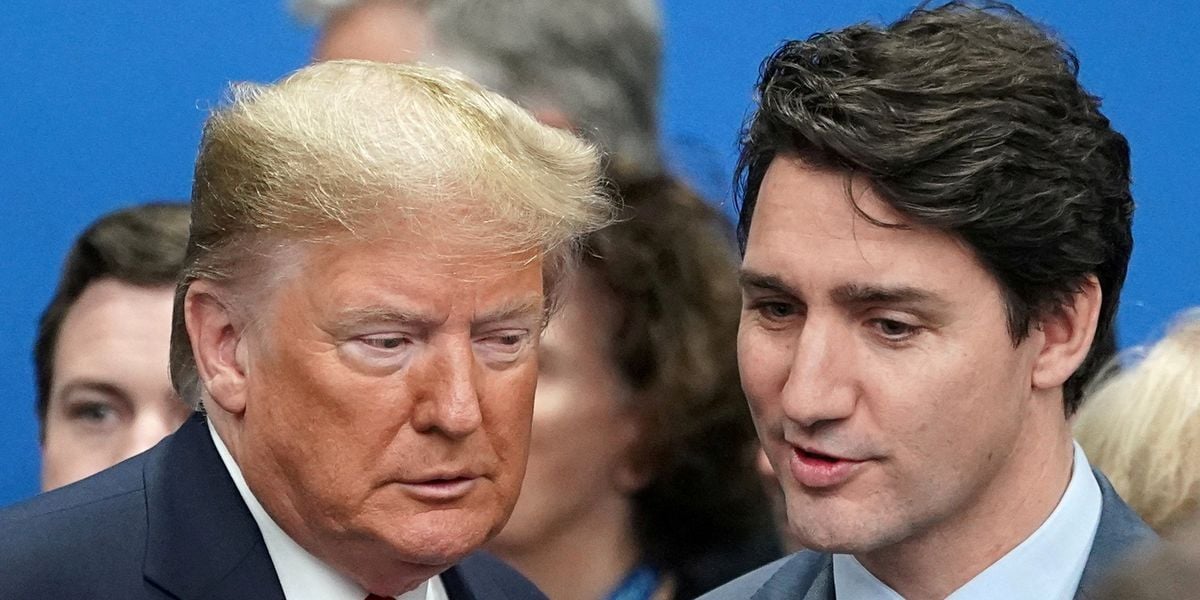Summary
Canadian leaders, particularly Ontario Premier Doug Ford, are considering retaliatory measures against Trump’s tariff threats, including restricting U.S. alcohol imports and cutting electricity exports to 1.5 million American homes.
Prime Minister Justin Trudeau has remained relatively calm despite Trump’s provocations, but Ontario’s response signals rising tensions.
Analysts warn that Trump’s tariff policies could provoke significant economic retaliation from Canada, disrupting key cross-border energy supplies and trade.
The situation highlights the potential fallout from escalating U.S.-Canada trade disputes under the incoming administration.



Maybe not the same influence they once had, but every one of those producers can destroy the market on their own if they wanted to. That said, oil will overall be far less important over the coming decades as transportation and manufacturing move away from fossil fuels. Europe is very far along the way on that already.
“…but every one of those producers can destroy the market on their own if they wanted to.”
Depending on what you mean by “destroy the market” that doesn’t make any sense.
The rest I totally agree with.
What I mean by that is that if OPEC (or any of the other big producers) decided to cut all of their production for a long period of time (e.g. a year), it would completely destroy the world market and the other players would be able to do nothing about it. It would simply take so much supply away that prices would go crazy.
I have to disagree with that, both the premise that they would and the result.
Is that what you mean by “destroy the market”? Because if prices “go crazy” the oil companies make bank and the reduced production doesn’t matter, to them anyway. In addition, this would push EV and renewables adoption pretty hard and since those are now extremely viable alternatives, cutting production to raise prices, as OPEC has done for decades, would not have the effect it used to.